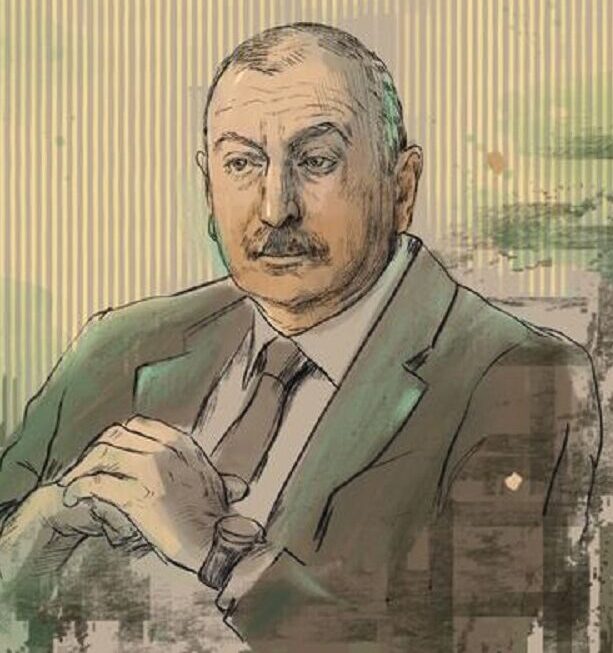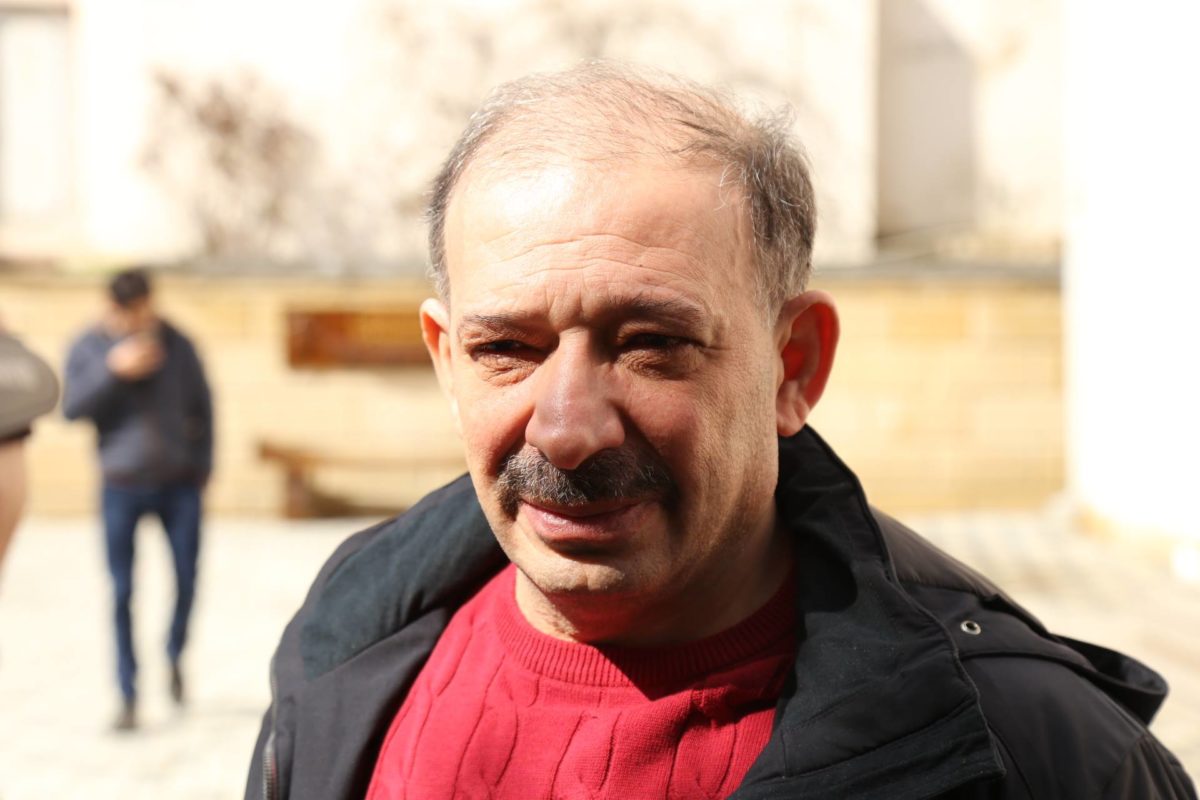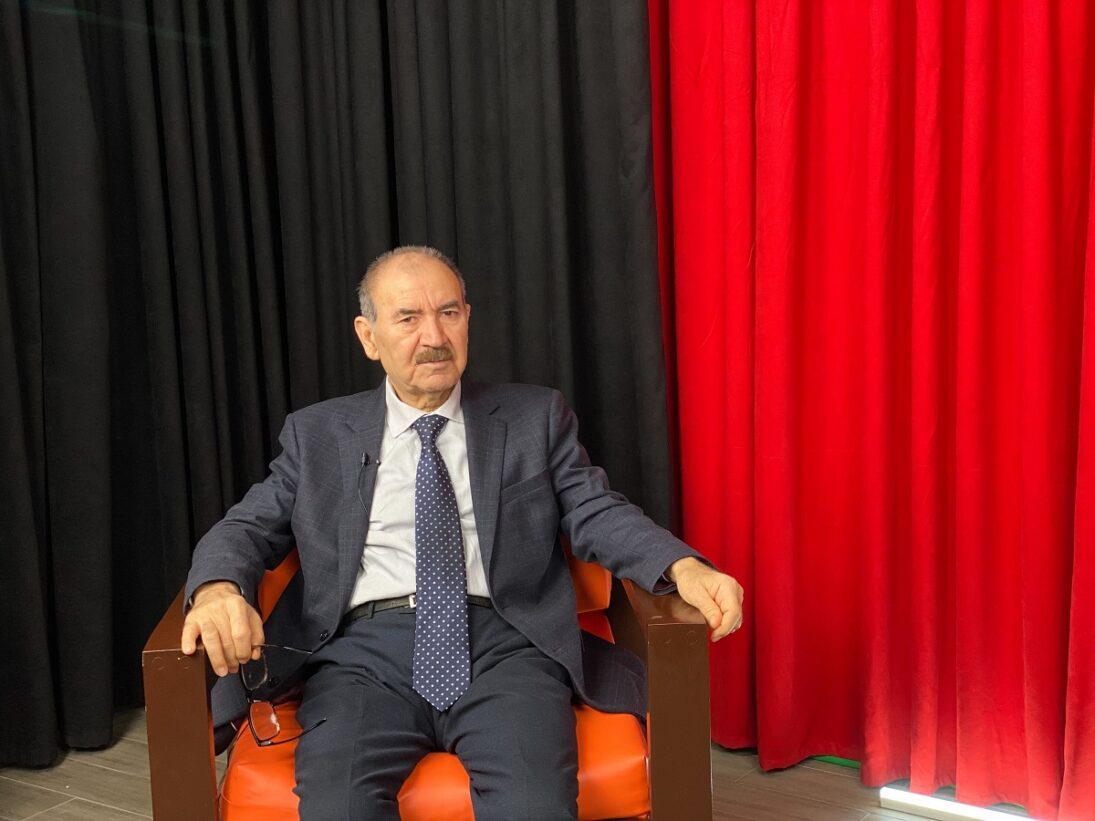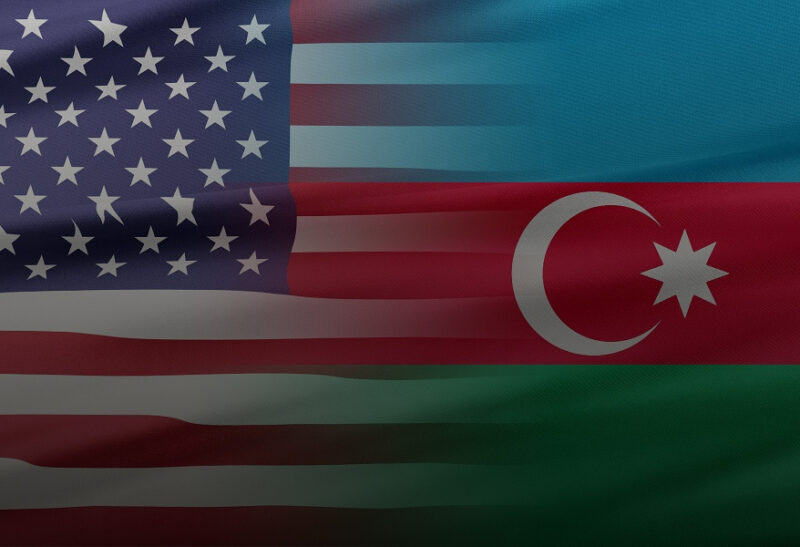The aviation disaster that occurred in December 2024 dealt a serious blow to Azerbaijan-Russia relations. The rise in diplomatic tensions between Baku and Moscow following the plane crash was accompanied by ideological opposition. Against the backdrop of the incident, various interpretations emerged regarding the Kremlin’s rhetoric, Azerbaijan’s response, and the future relations between the two sides.
On December 25, 2024, a passenger plane of the Azerbaijani airline AZAL, en route from Baku to Grozny, was shot down by Russian air defense systems. The incident, which resulted in the deaths of 38 people, caused serious concern both in Azerbaijani society and among political circles. On December 29, President Ilham Aliyev made a sharp statement, demanding that Russia apologize, provide compensation, and punish those responsible.
Ilham Aliyev: “The Russian side must apologize and admit its guilt. The Azerbaijani state, the affected passengers, and crew members should be compensated. These are our conditions.”

lham Aliyev: “The Russian side must apologize and admit its guilt. The Azerbaijani state, the affected passengers, and crew members should be compensated. These are our conditions.”
Three days after the incident, Russian President Vladimir Putin apologized in a phone call with Ilham Aliyev, but Azerbaijan’s demands were not fully met. In the days following the crash, Azerbaijani media promoted the version of an “unidentified cause,” and only after Russia’s responsibility became clear did the tone begin to change. Azerbaijani media issued threats against Russia, calling for its demands to be met:
AZTV: “Instead of acknowledging its responsibility, the Russian side is threatening and insulting Azerbaijan through the media, summoning our ambassador to the Ministry of Foreign Affairs, and more…”
State Television: “Azerbaijan is already preparing to take Russia to the International Court. Our pressure on Moscow is also increasing.”
State Television: “Russian-Azerbaijani relations are experiencing the most tense period in the last 30 years.”
State Television: “From the very beginning, there has been an ambiguous approach within the Russian government toward relations with Azerbaijan.”
State Television: “We didn’t expect any positive steps from Moscow…”
“One of the greatest fears of authoritarian leaders is an assassination attempt, a threat to their life”
Journalist and political analyst Rauf Mirgadirov believes that Azerbaijan’s tough stance toward Moscow may partly be due to concerns for President Aliyev’s personal security.
At the same time, information spread within Azerbaijani society about a threat to President Ilham Aliyev’s life. When the AZAL passenger plane was shot down, Aliyev was also heading to Russia to attend a CIS summit. The presidential plane, which took off almost simultaneously with the downed passenger plane, immediately returned to Baku.

“Reports that the presidential plane encountered GPS system problems during the flight were almost officially confirmed,” said Rauf Mirgadirov to Meydan TV. “Even when the president’s plane was in the air, the Israeli foreign ministry allegedly contacted him and advised him to return to Baku due to a serious threat to his life. In general, one of the greatest fears of authoritarian leaders is an assassination attempt, a threat to their life. Authoritarian leaders often take such threats very seriously. Sometimes they exaggerate non-existent threats and turn them into significant problems.”
It is believed that Aliyev was particularly angry due to the threat to his life and thus directed his media resources against Russia.
The deterioration of relations between the two countries went beyond a verbal exchange. The “Russian House” in Baku, which, according to the head of Rossotrudnichestvo, Evgeny Primakov, “was engaged exclusively in humanitarian cooperation,” and operated under the guise of promoting Russian culture and language, was closed on charges of espionage. Although the government did not initiate legal proceedings regarding the “discovery of a spy office” in the capital, the issue became one of the most discussed. Simultaneously, government media announced that Russian-language schools in Azerbaijan would be closed. However, this information was not later confirmed.
“The authorities of Azerbaijan typically use their own citizens as bargaining chips”
At the same time, Professor Jamil Hasanli considers all of this to be populism:
“Who decided that the ‘Russian House’ should be in the city center? Aliyev himself. Regarding the Russian language, Aliyev proudly noted that the number of students studying in Russian in our secondary schools now stands at about 1 million. Let’s assume you report to Putin that 1 million students are studying Russian, or that there are about 327 Russian schools, and these children are now studying in grades 5-6-7-8. In what situation will these children find themselves if you close the schools? Aliyev just wanted to slightly expand his autonomy in the current situation, reducing his dependence on Russia.”
He added that when international relations deteriorate, the government always responds with internal repression:
“When relations worsen with Iran, they arrest Islamists. When relations with Russia deteriorate, they search for Russian spies. When relations with the West worsen, they arrest supporters of Western values, people who adhere to democratic values, more or less. The authorities of Azerbaijan typically use their own citizens as bargaining chips.”
“It’s time to respond harshly”
Russian media, especially pro-government outlets, used harsh rhetoric towards Azerbaijan. Articles published emphasized that Russia bore no special responsibility for the aviation disaster — on the contrary, the crash was attributed to a natural disaster. They proposed that in response to Aliyev’s “rudeness” and the closure of the “Russian House,” Azerbaijan’s businesses, such as “Food City” and “Sadovod” (these two food retail networks are owned by God Nisanov and Zahar Iliev, natives of the village of Krasnaya Sloboda in the Azerbaijan Republic), should be closed. Additionally, the idea of deporting Azerbaijanis living in Russia without residence permits or involving them in the war with Ukraine was raised. Russian MP Nikolai Valuev posted the following text on his Telegram channel:
“Now is the perfect time to eliminate the Aliyev diaspora in Russia: that is, to strip them of their businesses (basically seize them), find a pretext for this, and take their large assets. Those who have Russian citizenship should be put on military registration and sent to the front. If they refuse, they should be stripped of citizenship. Those who do not have a Russian passport should be thoroughly checked to see if their stay in Russia is legal. If there are no grounds, deport them. Introduce a visa regime with Azerbaijan. It’s time to respond with strength, not weakness!”
After the closure of the “Russian House,” the Azerbaijani ambassador in Moscow was summoned to the Russian Ministry of Foreign Affairs, and a note was handed to him. Similarly, the Russian ambassador in Azerbaijan was also summoned to the Azerbaijani Ministry of Foreign Affairs. Russian MP Nikolai Valuev was declared a persona non grata by the Azerbaijani state, and his entry into Azerbaijan was banned.

“How should we deal with Aliyev?”
Jamil Hasanli: “Recently, a meeting of the Security Council of Russia was convened, and one of the issues discussed at this meeting was relations with Aliyev — ‘How should we deal with Aliyev?’ There were many interesting moments. For example, it was noted that the volume of money transfers from Russia to Azerbaijan is quite large. Although it has decreased by half compared to previous years, it is still considerable. For example, this issue was raised at the Security Council meeting. Another, more dangerous question raised was that the rights of the Lezgins were being violated, and so on. These discussions in the Security Council are usually closed, but the leakage of this information, the speeches of different people, and the statements of various officials have an influence on Azerbaijan.”
Political analyst Dmitry Oreshkin, in an interview with “Caucasian Knot,” called Baku’s dissatisfaction with Russia’s approach to the aviation disaster the last straw.
“In fact, Aliyev is building such a modernized authoritarian regime where he fears any foreign cultural and political influence, whether from the north, west, or south. Well, perhaps with the exception of relations with Turkey,” he said.
According to the political analyst, the closure of the American USAID office follows the same reasoning.
“Aliyev is concerned about Azerbaijan’s sovereignty and, most importantly, his own political status as the sole ideological leader. Therefore, any other ideological influences are unacceptable for him. The closure of the Russian House is a logical result of the Azerbaijani leadership’s policy. After all, the Russian House played the role of not only a cultural representation but also a center of political influence — pro-Putin and, in some ways, pro-Soviet.” said Oreshkin.
Jamil Hasanli: “Aliyev addresses the West, but Russia doesn’t want to let him go”
Professor Jamil Hasanli called this conflict a fiction.
According to Hasanli, in this incident, Ilham Aliyev is sending a message to the West, not his domestic audience:
“Without a doubt, Ilham Aliyev appeals to the domestic audience in such matters. However, in this particular case concerning Russia, Ilham Aliyev’s rhetoric is more aimed at the West. So, in essence, Aliyev was creating infrastructure for future cooperation with the West, laying the groundwork and signaling that ‘I am not a person of Russia, as you may think.’ That is his goal.”
Political analyst Elhan Shahinoglu believes that Russia only partially apologized after the incident, and the main demand — punishment for the guilty and payment of compensation — was not met:
“An incomplete apology was given, no steps were taken to compensate or punish those responsible. Although recently a Russian insurance company announced it would allocate some funds to the families of the victims and injured, there has been no progress in this direction either. Until this situation changes, relations certainly cannot be fully normalized.”
Rauf Mirkadirov: “Azerbaijan’s policy is situational”
Journalist and political observer Rauf Mirkadirov calls Azerbaijan-Russia relations “situational and based on interests”:
“Remember the wavering process in our relations with Iran? Sometimes our relations improve, sometimes they worsen, sometimes Iran is declared an enemy. At that point, certain repressions against Shiite believers begin in the country. The situation calms down, and Iran becomes friendly again. Similar relations exist with Russia and Western countries. These relationships are more about the subjective interests of the Azerbaijani government. I don’t believe the Azerbaijani government will suddenly sever ties with Russia. Although Russia is weak, it poses a serious danger to Azerbaijan.”
Researcher at the Caspian Institute for Strategic Studies Alexander Karavaev also believes that Azerbaijan is not aiming to sever relations with the Kremlin and is trying to find compromises.
“Essentially, all of Azerbaijan is looking at the reaction of its president and the actions taken by Baku to achieve satisfaction. This concerns public evaluations of Aliyev’s authority — whether he will press Moscow to resolve the issue or if uncertainty will hang in the air,” explained Karavaev in an interview with “Caucasian Knot.”
Diplomatic Rapprochement: Moving to a New Phase?
Although Azerbaijan’s demands on Russia were not fully met, the easing of tensions between the two countries did not take long. Chechen Republic Head Ramzan Kadyrov announced the awarding of members of the crew of the crashed plane.
In early March, the first stone for a monument to Ilham Aliyev’s father, former President Heydar Aliyev, was laid in Moscow. On March 10, the Speaker of the Azerbaijani Parliament, Sahiba Gafarova, was awarded the Order of Friendship of the Russian Federation.
These events show that the relationship between Azerbaijan and Russia is full of contradictions, but these contradictions do not always escalate into open confrontation — they are managed through political rhetoric and symbolic gestures.
With the support of The Exchange.



